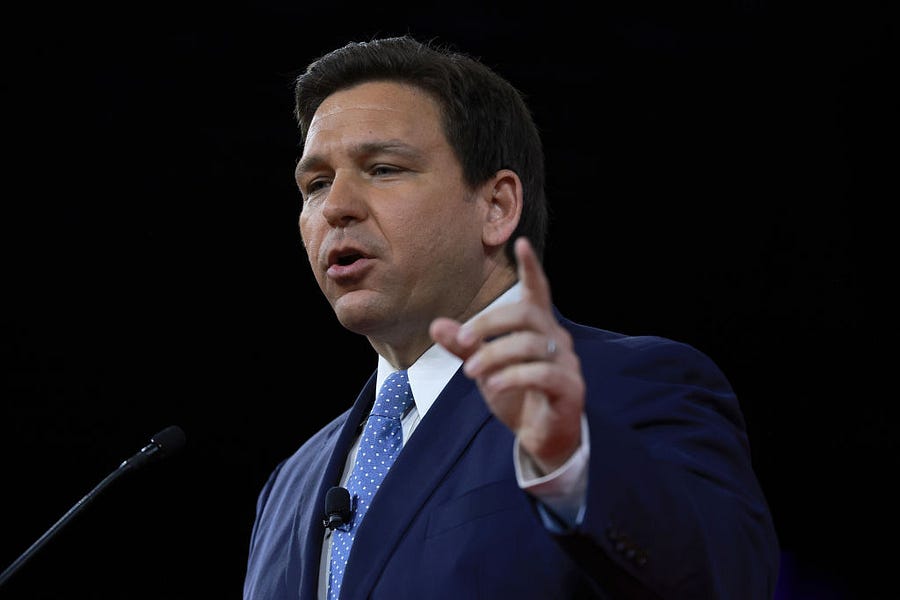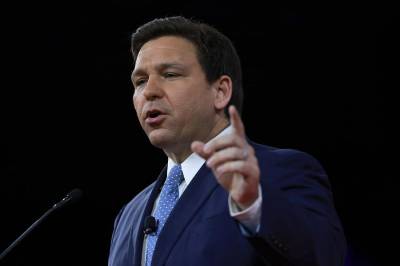Social media has been flooded with misinformation about the Parental Rights in Education bill in Florida, which critics derogatorily nicknamed the “Don’t Say Gay” bill. Some have suggested that the bill, as the nickname suggests, literally outlaws the word “gay” in Florida.
The bill, which has passed both houses of the Florida legislature, prevents teachers from providing instruction on sexuality or gender identity to children in grades K-3 “or in a manner that is not age appropriate or developmentally appropriate for students in accordance with state standards.” While an earlier version of the bill said schools “may not encourage classroom discussion” involving sexual orientation and gender identity, the revised version that was approved by the state legislature prohibits only “instruction by school personnel or third parties.” The language in the earlier version of the bill raised concerns that it would prevent children with LGBT parents from discussing their family life or teachers from mentioning their spouses, leading to the revision that states the new limitation would apply only to instruction. The bill was revised February 23, 2022.
The bill would also enable parents to sue schools and teachers who teach children about sexual orientation and gender identity in the aforementioned grade levels.
The word “gay” has not been banned in the state of Florida, and would not be if the Parental Rights in Education bill is signed into law. Limitations would be placed on what material regarding sexuality can be taught to students in kindergarten through third grade, but the bill as passed by the legislature would not prevent students with gay parents from talking about their family. The Parental Rights in Education bill now awaits Gov. Ron DeSantis’ signature. DeSantis has said he supports the bill, and once signed it will go into effect on July 1.
If you have a claim you would like to see us fact check, please send us an email at factcheck@thedispatch.com. If you would like to suggest a correction to this piece or any other Dispatch article, please email corrections@thedispatch.com.







Please note that we at The Dispatch hold ourselves, our work, and our commenters to a higher standard than other places on the internet. We welcome comments that foster genuine debate or discussion—including comments critical of us or our work—but responses that include ad hominem attacks on fellow Dispatch members or are intended to stoke fear and anger may be moderated.
With your membership, you only have the ability to comment on The Morning Dispatch articles. Consider upgrading to join the conversation everywhere.